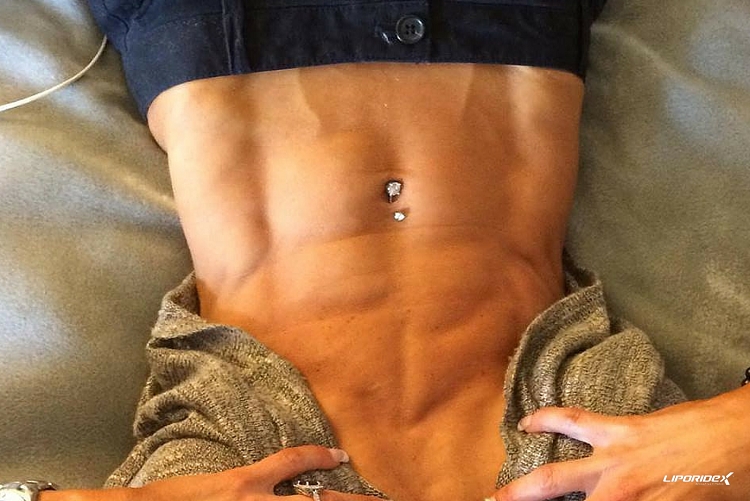Sources of Protein for an Instant Sixpack
So, you have decided that you are going to get leaner and build more muscle mass. You’ve learned how much you should eat and you’ve been exercising to lose weight, but you’re still not getting the type of results you have been looking for. The problem could be that is it not just about how much you eat, but also what types of foods you are choosing. If you want to improve your physique, and especially to get those abs to show quickly, it is important that you learn about good sources of protein to include in your diet.
Learn the best sources of protein now.
You might have heard things like this before: “Quinoa is the best source of protein!” or “I eat almonds or peanut butter to make sure I’ve had enough protein everyday,” etc. These tips can help, but it is first important to know how much protein you should be eating, and then how much is actually in the foods you are choosing. As always, reading nutritional labels, doing your own research and ignoring marketing messages is the key here.
Here is a very simple formula you can follow, along with a list of the highest bang sources of protein to the rescue!
To increase muscle mass and reduce body fat, you should be consuming about 1 gram of protein per 1lb of your lean body mass, especially when you are weight training. So, if you are 150 lbs and have 20% body fat (30lbs), you should consume 120 grams of protein per day.
You should also consider having 5-6 smaller meals per day. To make things easy for you, just divide your needed protein between the different meals and sources of protein evenly to come up with a ballpark of how much protein you should consume per meal. So if your protein intake should be 150 grams per day spread across five meals, you should aim to consume about 30 grams per meal from all sources of protein.
These numbers are probably pretty high for most of us, especially if you are not accustomed to focusing on your amount and sources of protein in this way. To achieve your goal consistently without overeating, you will need to focus on protein-packed, low calorie foods. Remember that you can always supplement with high quality protein powders couple of times a day if needed.
It can be a challenging change to make sure you are getting enough protein in the beginning, but once you get the hang of it, this way of eating will completely transform how you look and feel!



